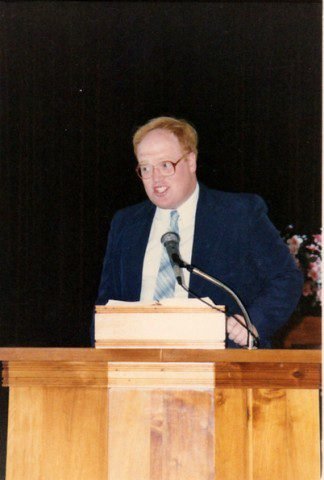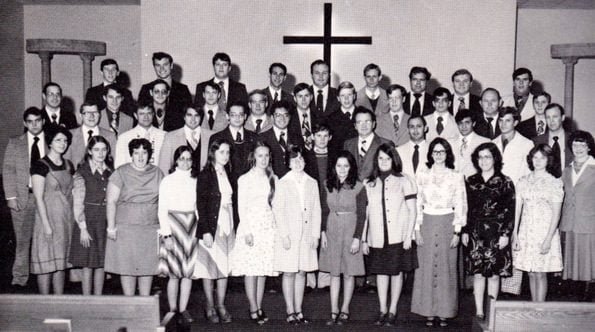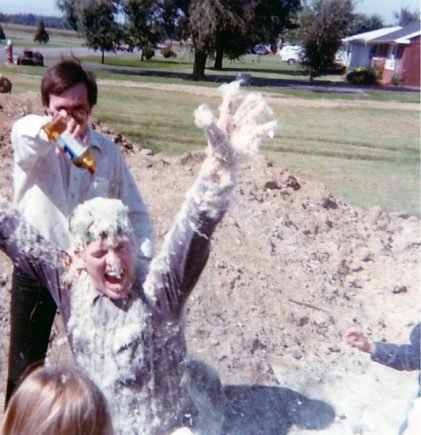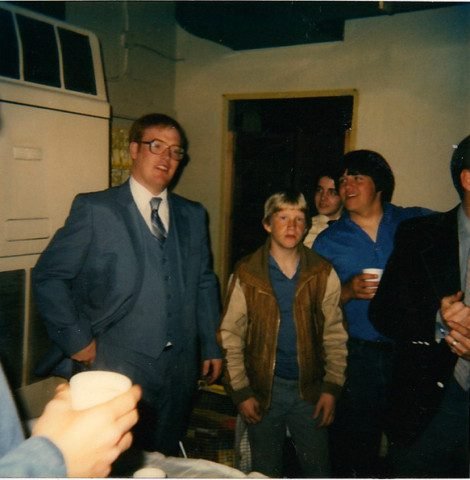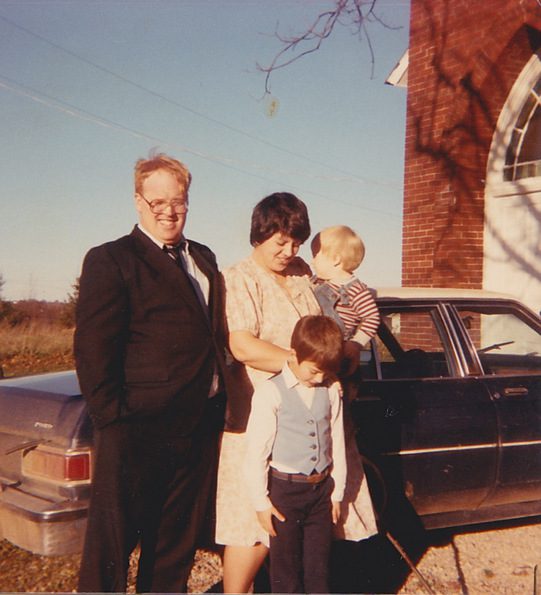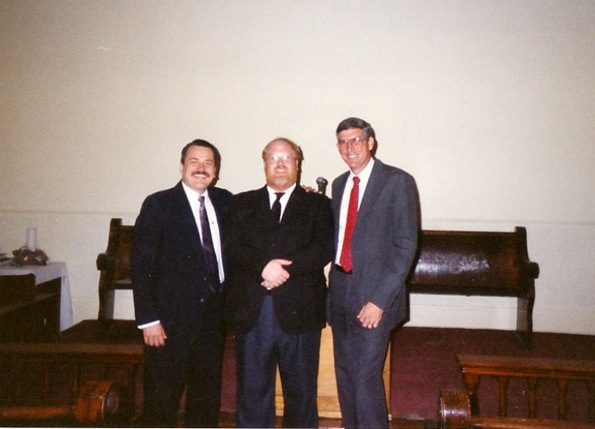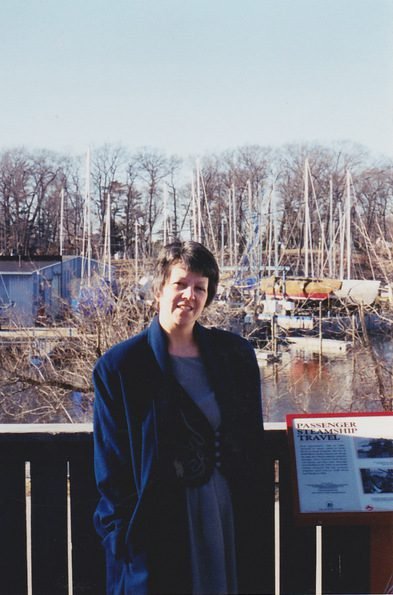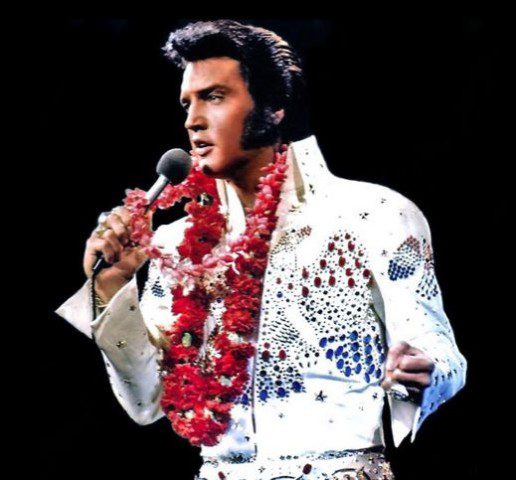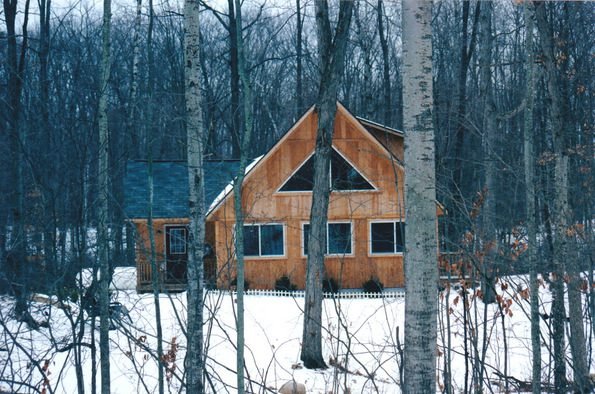
In July 2002, I resigned from Our Father’s House in West Unity, Ohio, thinking I had pastored my last church. Five years previously, I had been diagnosed with fibromyalgia. The disease was manageable as long as paced myself and managed to regularly rest. Polly and I decided to seek out a church to join, one we could help with our money and skills. Eight months later, we were thoroughly discouraged, wondering if there was a church anywhere that took seriously the teachings of Christ. By then, much like an athlete who retires, I started feeling “God” wanted me to pastor again. Of course, “God” was Bruce. The ministry was so much a part of who I was, that it was silly for me to think that I could ever stop preaching and doing the work of the ministry.
In March 2003, I sent my resume to several Southern Baptist area missionaries in Ohio and Michigan. These men quickly circulated my resume among churches looking for a pastor, and overnight my phone began to ring. The first church to call was a small church in Clare, Michigan, Victory Baptist Church. The Sunday before Easter, I went to Clare to preach for them. We were well received by the 40 or so people who were in attendance. Bruce, the entrepreneur saw potential, but I wondered what dysfunction lurked below the surface that was not readily apparent. Churches always hide their dirty laundry from prospective pastors, especially if they really want a certain man to become their next pastor. In retrospect, I should have demanded the congregation empty their proverbial closets so I could ascertain the true condition of the church. Alas, I did not. Bruce, the preacher just wanted to get back to preaching. How bad could things be, right?
Two weeks later, I went back to Clare and preached for the church again. Later the following week, the church unanimously voted to call me as their next pastor. Soon after, we packed up our belongings and moved to Clare, leaving behind our three oldest children.
By late October 2003, Polly and I and our three youngest children returned to northwest Ohio. While we accomplished much while at Victory Baptist — major building remodel, new church sign, increased attendance, refinancing the church’s mortgage, implementation of proper financial controls, and cleaning up church membership roll — institutional dysfunction and conflict with several long-time members, led to me resigning.
I called for a business meeting, hoping to resolve our disagreements. I had warned the church that I would not fight with them. I was at a place in life where I had no interest in conflict. I was naive in thinking I could pastor a BAPTIST church without conflict.
One week before the meeting, a church member asked if she could put some outdoor toys in the nursery for the children to use. I took a look at the toys and told her that they were not safe for use in a nursery with younger children. There is too much risk of injury, I told her, thinking that would be the end of it. A day later, I came to the church and found the toys in the nursery anyway. Angry, I removed them, telling the woman — who saw herself as a preacher, an apologist — that the toys could not be used in the nursery; that they were not safe for young children. She replied we will see about that.
A big crowd awaited me when I arrived at the church for the business meeting. What should have been a discussion about the future of the church turned into a debate about nursery toys. I told the church that someone had to make the final decision on the toys, and that someone was me. Some congregants wanted to have a vote on the toys, which I rebuffed, saying, the toys are not safe for young children. I thought that would put an end to the toys issue, but several members were intent on defending the honor of the offended member. One of the deacons spoke up and said, you are the best preacher I have heard in fifty years, but we can’t allow this to happen. I knew, at that moment, my time at Victory Baptist Church was over. Another member — the church treasurer who hadn’t balanced the church books in five years — let me know that my vision for the church had never been theirs. Her words cut me to the quick. I had been spending 30-40 hours a week on the church remodeling project, spending that $10,000 that the church treasurer didn’t know the church had because she couldn’t be bothered to balance the books. My sons came up several times to help with the project — a new church platform, new carpet and lighting in the auditorium, three new classrooms, new nursery, and repairs and paint throughout. I spent countless hours hanging drywall, wiring lights, and hanging doors. The only extra help I had was a retired church member who had extensive construction experience — a real lifesaver and a great guy — Polly and the kids, when she wasn’t working, and the Tero family that came from Georgia to help with the project. Not one other member meaningfully helped with the months-long project. I should have known then that my vision was not theirs.
I reminded the church that I had told them that I would not fight with them. Since it was evident that the church and I were on different pages, I resigned. Afterward, not one church member contacted us. On the day we moved, we were all alone. Our oldest children came to help us move, a reminder when it comes right down to it, all you have is family. Even the church family of twelve who literally lived right across the street from us — people with whom we were very close — left early in the morning on the day we moved, not saying a word to us. It was as if we didn’t exist.
In retrospect, I never should have pastored Victory Baptist Church. Quite frankly, they didn’t deserve to have me as their pastor. We sacrificed greatly to come to Clare. Polly left her well-paying job at Sauder Woodworking, taking a job at a local laundromat that paid a pittance compared to what she made at Sauder’s. My salary? $250 a week, with no insurance benefits. (We received Medicaid insurance and food stamps while we lived in Clare.) We got by, but it wasn’t easy. Polly and I, along with our children, are survivors. Not one time did anyone ask how we were doing.
Sadly, there are thousands of thousands of Victory Baptist churches in the United States; congregations that chew up and spit out pastor after pastor, believing that these men are the problem, not them. Rarely will they look in the mirror and see that their incestuous dysfunction and tribalism are the problem, not the pastor. (And don’t get me wrong, pastors can be a problem too.)
I never should have pastored this church. As a church planter, I saw Victory Baptist as an opportunity for Bruce to work his magic as he had done several times before. I loved the challenge. I misread the true nature of this church, and for that, I take full responsibility.
As Polly and I drove out of Clare in our U-Haul truck, we decided to drive by the church one last time. As we did, there was the toy lady standing on a ladder with a razor scraper, scraping my name off the sign. And just like that, I never existed. Not long after, several families left the church — including several large tithers — and the church closed its doors.
I would try once again to pastor in 2005 — candidating at two Southern Baptist churches in West Virginia — but my heart wasn’t in it. My preaching days were officially over.
Bruce Gerencser, 68, lives in rural Northwest Ohio with his wife of 47 years. He and his wife have six grown children and sixteen grandchildren. Bruce pastored Evangelical churches for twenty-five years in Ohio, Texas, and Michigan. Bruce left the ministry in 2005, and in 2008 he left Christianity. Bruce is now a humanist and an atheist.
Your comments are welcome and appreciated. All first-time comments are moderated. Please read the commenting rules before commenting.
You can email Bruce via the Contact Form.

